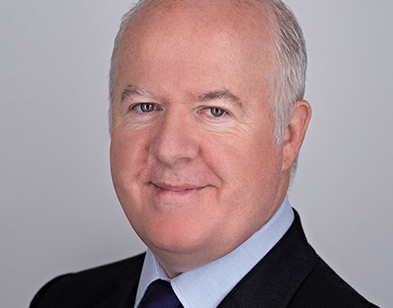Perhaps not surprisingly the Association of British Insurers has concluded, after carrying out an advice experiment, that personalised guidance really can work.
I applaud the ABI for testing the FCA’s theory that shifting the advice-guidance boundary will open new doors to cheaper and cut down forms of financial guidance. The more that can be done to test the theories the better.
The FCA argues, with some conviction, that without reform of the advice-guidance boundary millions will never be able to afford any financial advice of any kind. The ABI research suggests that personalised guidance can remedy this.
While I am sceptical, there is some merit in this. The fact is that true holistic Financial Planning has never been cheap and is becoming more expensive and elitist by the year. Hybrid advice, combining online fact finding with some form of human advice intervention, is gaining ground but is in its infancy. Robo advice, as it was called, pretty much failed so there is no guarantee that personalised guidance will work or that there is any demand for it.
Despite this, the ABI says that personalised advice can be the answer to the advice gap and can reach millions.
The ABI experiment suggests that a trial group of middle aged pension savers considering decumulation options made much better financial decisions and were on course for much better financial outcomes than those who just received generic guidance. Its figures suggest 76% would make better decisions by taking personalised guidance, while only 14% will do as well with generic advice.
If this is correct, it’s a strong piece of evidence in favour of personalised guidance but we must bear in mind the the ABI is the trade body for most of the UK’s financial providers, who potentially have a huge amount to gain from providing generic advice to the millions of 'unadvised.'
I strongly suspect that if the FCA gives the go ahead, many banks and insurance companies will quickly launch personalised financial guidance services. There are millions of savers who have funds languishing in low interest paying accounts, for example, who may well be perfect clients for personalised guidance. Many could be offered equity or bond-based ISAs, for example. The potential impact on the savings and investment sector could well be profound.
One interesting aspect of the ABI research for Financial Planners and other advisers is the indication that quite a few consumers would be willing to pay for personalised guidance.
I can see this. I wonder how many DIY investors of the last few year, such as those who lost life savings in failed mini-bonds, could have had a far different outcome with some personalised guidance and would have been willing to pay a reasonable sum for any kind of help.
Paid-for personalised guidance could also open the door for some planners to offer a cut-down Financial Planning service combining some online, decision tree-style guidance followed by some human advice from a qualified planner on a limited range of products and services. This is potentially a new business stream. Some US planners have become good at so-called ‘one-off’ advice where someone might just want a bit of help on investing a lump sum, or a portfolio check or some specific retirement advice. There's no reason why UK planners could not do this but models will have to change and new models developed.
Of course, Financial Planning is all about getting to know the client well and providing tailored, long-term personal advice so this might be a difficult pill to swallow for some traditional planners who may insist that personalised guidance is not for them.
In the meantime, whether the ABI’s experiment provides a hint about the future opportunities or is a false flag remains to be seen. It’s yet to be proven that consumers really want personalised guidance and we may need to see the experiment rolled out into real life trials before we can know.
• To ensure you receive every issue of the magazine and get lots of extras - including access to a 5 year magazine library and unlimited website access - please sign up for our digital subscription package (cancellable anytime) or upgrade to receive the high quality print edition of the magazine too.
> Top Tip: Follow Financial Planning Today on Twitter / X @_FPToday for breaking news and key updates
Kevin O’Donnell is editor of Financial Planning Today and a journalist with 40 years of experience in finance, business and mainstream news. This topical comment on the Financial Planning news appears most weeks, usually on Fridays but occasionally other days. Follow @FPT_Kevin

